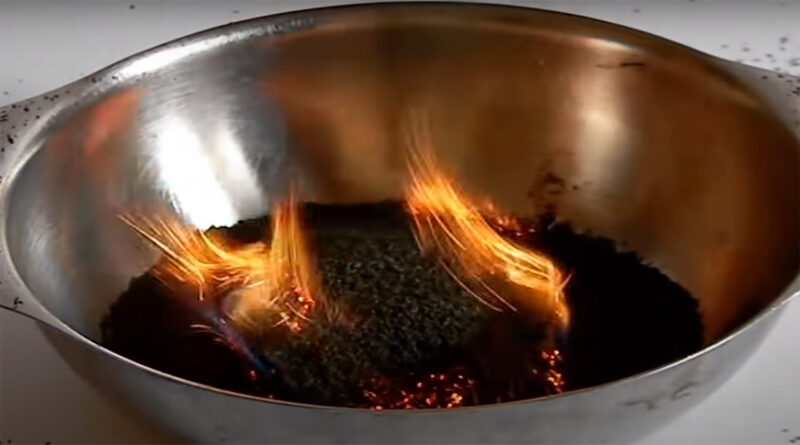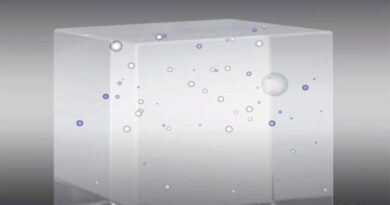What is a Chemical reaction? Enzymes in chemical reaction
A chemical reaction is a process that results in the chemical change of one set of chemical components into another set of chemical substances. Chemical reactions are generally defined as changes in the locations of electrons in the formation and breaking of chemical bonds between atoms, with no change in the nuclei. It can be represented using a chemical equation. Nuclear chemistry is a branch of chemistry that cover the study of chemical interactions involving unstable and radioactive elements that can result in both electronic and nuclear alterations.
Reactants or responders are the substances (or substances) that are initially engaged in a chemical reaction. Chemical reactions normally involve a chemical change and the formation of one or more products with characteristics specific to the reactants.
The information on the particular path of action is part of the reaction process, which frequently consists of a sequence of distinct sub-steps, mention as elementary reactions. Chemical reactions are represented symbolically by chemical equations, which show the beginning ingredients, end products, and sometimes intermediate products, as well as the reaction parameters.
At a given temperature and chemical mixture, chemical reactions occur at a predictable rate. Reaction speeds often increase as temperature rises because more heat energy is available to attain the activation energy required to break bonds between atoms.
Reactions can go in either a forward or backward direction as a result of products they finish or find equilibrium. The term “spontaneous” refers to reactions that proceed in the forward direction to achieve equilibrium without requiring any free energy input. Non-spontaneous chemical reactions require free energy input to proceed.
A reaction can be characterized as redox if it takes place in oxidation and reduction, or nonredox if it does not include oxidation and reduction. Combination, decomposition, and single displacement chemical reactions are the general types of redox reactions. During the chemical reaction process, various chemical processes are performed to produce the desired product. In biochemistry, metabolic pathways are developed by a number of chemical processes in which the result of one reaction is the reactant of the following reaction.
Enzymes in the chemical reaction
Protein enzymes are frequently used to catalyze these processes. Enzymes speed up biological reactions, allowing metabolic syntheses and decompositions that would be impossible under normal conditions to take place in chemical reactions at the temperatures and concentrations found inside a cell.
As explained by quantum field theory, the broad idea of a chemical reaction has been generalized to reactions between objects smaller than atoms, such as nuclear reactions, radioactive decays, and reactions between fundamental particles.



